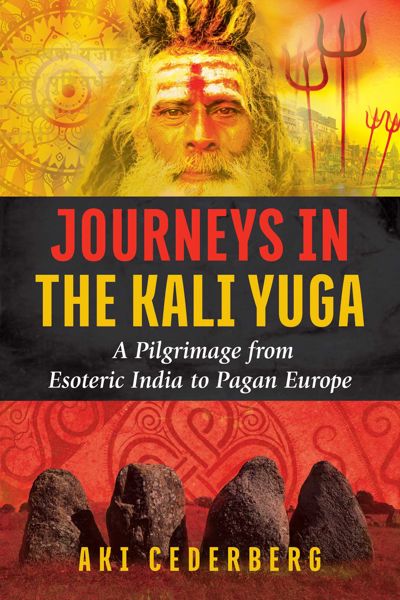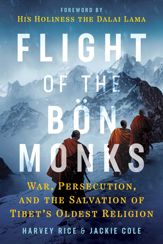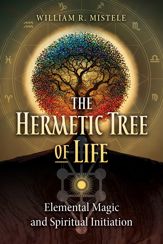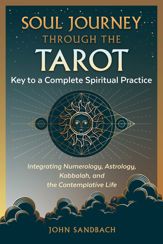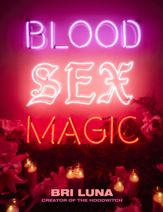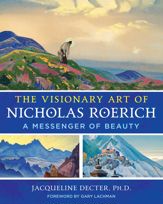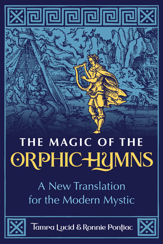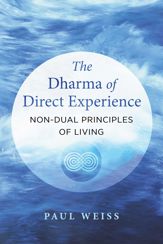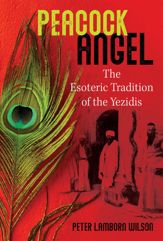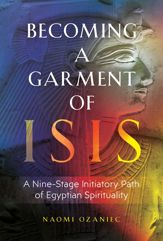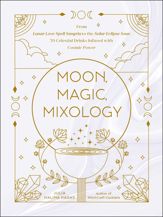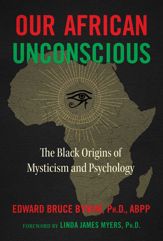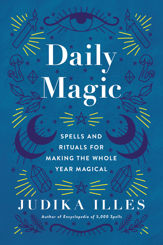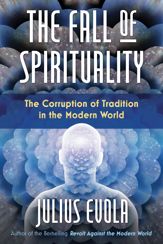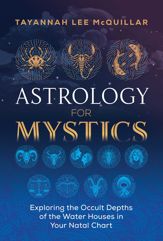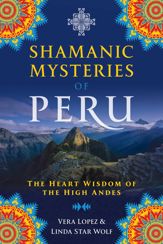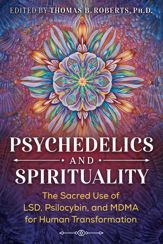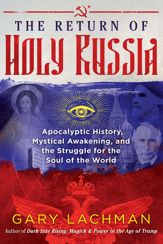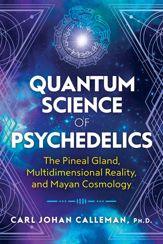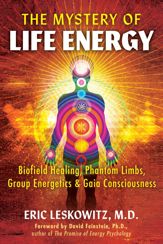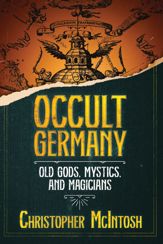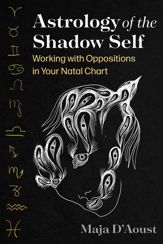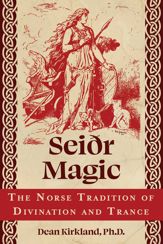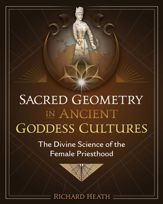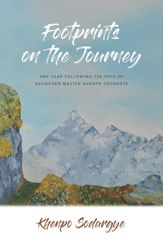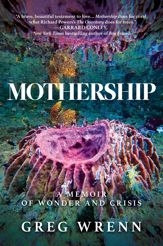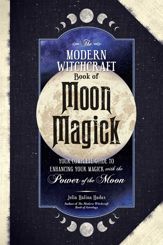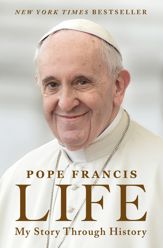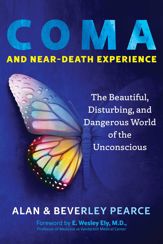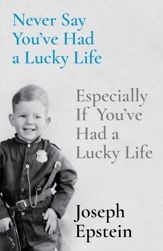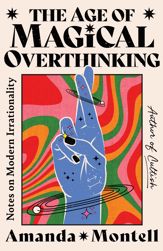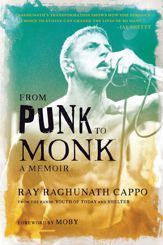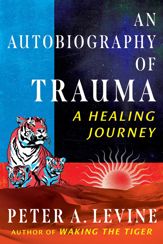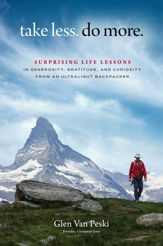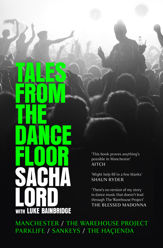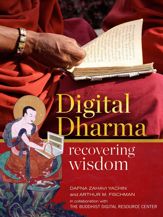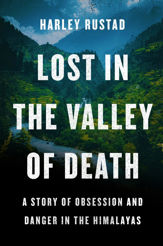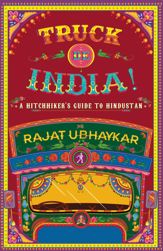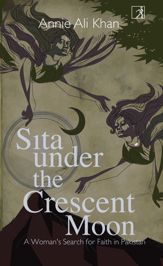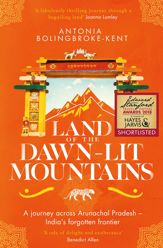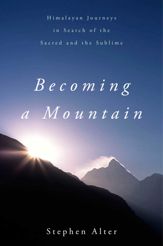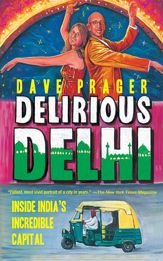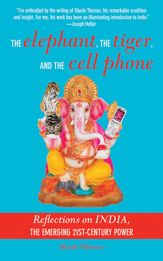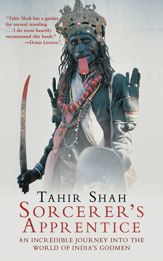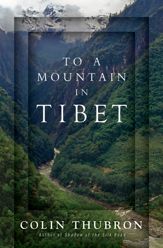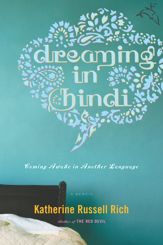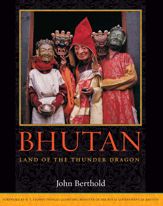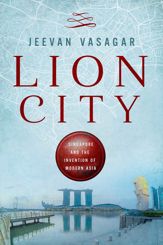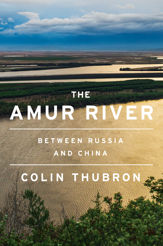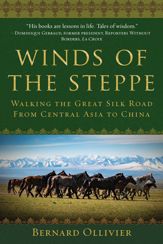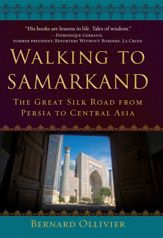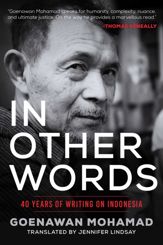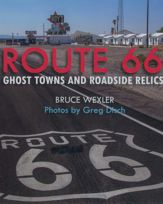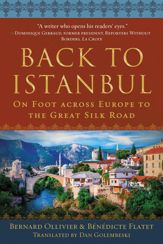"In his rip-roaring English-language debut, Cederberg sets himself as neither guide nor guru, allowing readers to truly participate in his journey without worrying about what exactly they are supposed to learn."
Description
A beautifully evocative account of one man’s odyssey to discover authentic and unbroken magical traditions in the East and reawaken them in the West
• Details the author’s encounters with the Naga Babas, his initiation into their tradition, and his experience at the Kumbh Mela, the largest spiritual gathering on Earth
• Shares the similarities he discovered between the teachings of the Indian tradition and the Western traditions of magic, alchemy, and pagan pantheons
• Introduces a wide cast of characters, including Goa Gil, the world-renowned guru of the Goa techno-trance scene, and Mahant Amar Bharti Ji, a “raised-arm Baba,” who for more than 40 years has held up one arm in devotion to Shiva
Beautifully detailing his spiritual pilgrimage from West to East and back again, in the age of strife known as the Kali Yuga, Aki Cederberg shares the authentic and unbroken magical traditions he experienced in India and Nepal and how his search for a spiritual homeland ultimately led him back to his native Europe.
Cederberg explains how his odyssey began as a search for spiritual roots, something missing in the spiritually disconnected life of the Western world, where the indigenous traditions were long ago severed by the spread of Christianity. Traveling to India, he encounters the ancient esoteric order of mystic, wild, naked holy men known as the Naga Babas, the living source of the Hindu traditions of magic and yoga. Immersing himself in the teachings of the tradition, he receives an initiation and partakes in the Kumbh Mela, the largest spiritual gathering on Earth. With his evocative descriptions, Cederberg shows how traveling in India can be an overwhelming, even psychedelic experience. Everything in this ancient land is multiplied and manifold: people and things, sights and sounds, joy and suffering. Yet beyond the apparent confusion and chaos, a strange, subtle order begins to reveal itself. He starts to glimpse resemblances and analogies between the teachings of the Indian tradition and the Western traditions of magic, alchemy, and pagan pantheons. He meets a wide cast of characters, from mystical hucksters in Rishikesh and the veritable army of naked, chillum-smoking mystics of Maya Devi to Goa Gil, the world-renowned guru of the Goa techno-trance scene, and Mahant Amar Bharti Ji, an urdhvabahu or “raised-arm Baba,” who for more than 40 years has held up one arm in devotion to Shiva.
After extensive traveling and immersing himself in the extraordinary world of India, Cederberg returns to his native soil of Europe. Traveling to holy places where old pagan divinities still linger in the shadows of the modern world, he dreams of forgotten gods and contemplates how they might be awakened yet again, reconnecting the West with its own pre-Christian spiritual traditions, sacred landscapes, and soul.
Reviews
“This book promises to be a pagan classic. It took rare initiations into the wonders and horrors of sacred India for Cederberg to recognize the same gods, under different names, stirring in his Nordic homeland. His pilgrimage will inspire anyone who seeks or glimpses these ‘beacons of spirit in a soulless age.’”
“Often one has to travel far afield to the farthest edge to find out where one belongs. Aki Cederberg tells us the fascinating tale of his journey to the wild heart of mythical India, a journey that changed his life and led him back to his roots.”
“Cederberg has made the outer and inner journey from one end of the geography of tradition to the other, which is only an outer reflection of the inner journey many pilgrims make from the outer world to inner experience. What is remarkable about Cederberg’s journey is that he, like Odysseus of old, found his way home again. The knowledge he gathered on his journeys gave him the tools he needed to discover the inner treasures of his own homeland. By reading this book you can gather some of this knowledge without ever going to India.”
